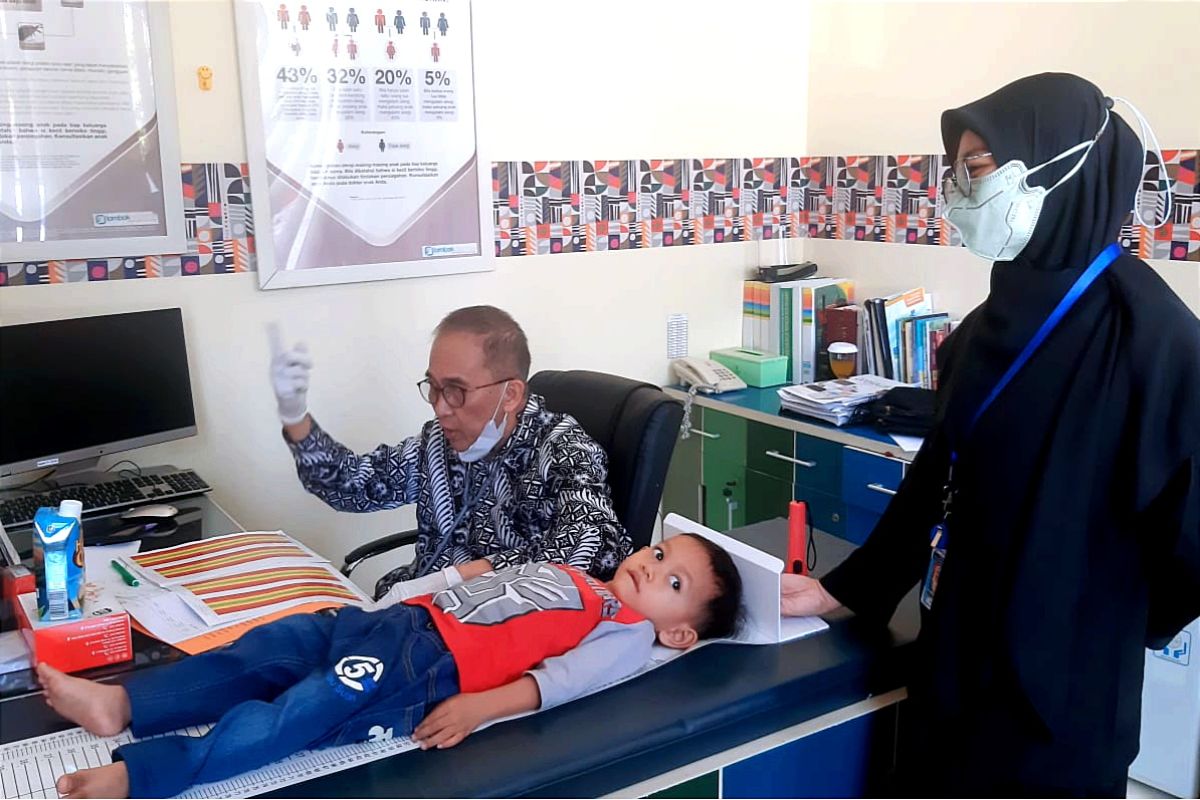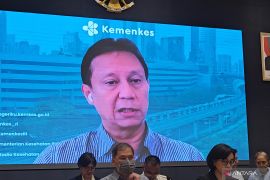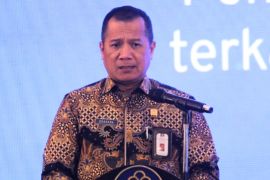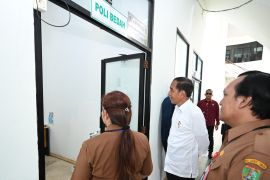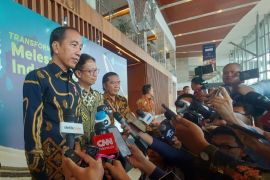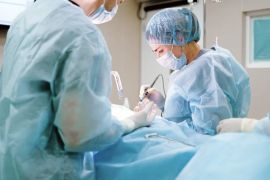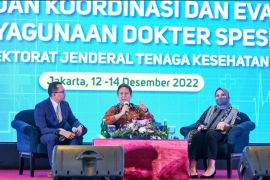Ministerial Expert Staff for Health Law Sundoyo reported that 40 percent of the regional hospitals do not have seven basic medical specialists comprising obstetricians, pediatricians, anesthetists, surgeons, radiologists, and clinical pathologists.
This shortage of medical specialists leads to less optimal health services being offered to the public.
Ministry of Education, Culture, Research, and Technology's (Kemendikbudristek's) official, Nizam, stated that Kemenkes pays attention to several aspects regarding the availability of medical specialists.
"This starts from the very limited quota for medical specialist education program (PPDS) acceptance," he noted during a recent discussion.
"The PPDS entrance exam is difficult, it is expensive, and it is hard to reach for those seeking to become medical specialists, specifically those from Indonesia's eastern region," he pointed out.
Since several years, various transformational steps have been taken in medical education policies and health policy transformation through Law No. 20 of 2013 on Medical Education.
The several interventions include increasing the number of graduates, from six thousand to 12 thousand doctors per year and increasing the number of majors with A accreditation, from 14 to 30.
The government also increased the number of medical competency exams' graduates, from 67 percent to 81 percent.
Sundoyo also highlighted that the Health Bill became the government's most recent efforts in expediting the process to increase the number of medical specialists.
The aspect of provision of medical specialist education is among others stipulated in the bill.
In expediting the process to raise the number of medical specialists, the most important way forward is how to accomplish this while still giving top priority to quality.
Expediting the process to increase the number of medical specialists through mutual assistance necessitates the involvement of various stakeholders.
The Kemendikbudristek has, in fact, achieved the target given by the Kemenkes, and it already matches the projection from 10 years ago. However, the demand for medical specialists continues to increase.
"We will do that by opening a medical study program moratorium," Nizam explained.
The demand for medical specialists can be handled within the period of the next three years. Some 15 thousand doctors are pursuing education to become medical specialists.
"This means that if we do it correctly, then in three years, we will meet the demand for 30 thousand medical specialists, as long as we help one another," he affirmed.
Mutual assistance to meet the demand for medical specialists is deemed crucial since improving the skills of specialists cannot only be done by medical faculties.
This can be achieved by having hospitals open access to PPDS students to hone their skills.
Kemenkes will also help with financing, as the Medical Education Law mandates that PPDS students receive incentives.
"This is the one that Kemenkes should meet and how the costs to produce specialists can be covered by the government," he noted.
Kemendikbudristek stated that efforts to expedite the process to increase the number of medical specialists had been made through only a single system that was proven, so in the event of any problem, the solution can be sought.
Thus, changing the entirety of the system is not necessary.
Kemendikbudristek's capability was acknowledged to be very limited since it needs to manage all forms of education, right from philosophical education to nuclear engineering study program.
Hence, it is not possible for Kemendikbudristek, with limited resources and existing medical faculties, to be able to independently meet the demand for medical specialists.
This requires cooperation, especially with regional governments and hospitals. The availability of this network allows every medical faculty to not have their own hospitals.
"Hospitals in those regions can be utilized by medical faculties. With this, we can have efficient, inexpensive education," he stated.
Demographic mapping
Rector for Yarsi University Fasli Jalal stated that the demand for medical specialists in Indonesia is diverse.
This can be seen, starting from the population demographic mapping to epidemiology transition that are causal to the rise and fall of certain diseases.
"Because of this, it requires a clear mind to know how much we need medical specialists in Indonesia," Jalal emphasized.
"We can obtain an overview on what medical specialists we need, the distribution, and what are the odds of increasing it," he affirmed.
It is deemed crucial for universities to collaborate with central and regional governments to meet the demand for medical specialists.
"How to recruit them and distribute them, it is synergized with the Ministry of Health and regions," he affirmed.
Thus, a scenario wherein PPDS graduates experience confusion when they graduate due to too many medical specialists should be avoided.
Hence, collective mapping should be conducted, so that medical specialist graduates can be distributed among several hospitals that need them.
Throughout this time, the distribution of medical specialists was still centered at health services existing in Java. Most medical specialists in Java are observed to be in big cities.
The demand for medical specialists should also consider the aspect of doctor placement, career ladder, and provision of incentives to ensure the prosperity of medical specialists.
Related news: Jayapura city government sends eight doctors to study at Unpad
Related news: Health Bill guarantees affordable, transparent specialist education
Editor: Rahmad Nasution
Copyright © ANTARA 2023
